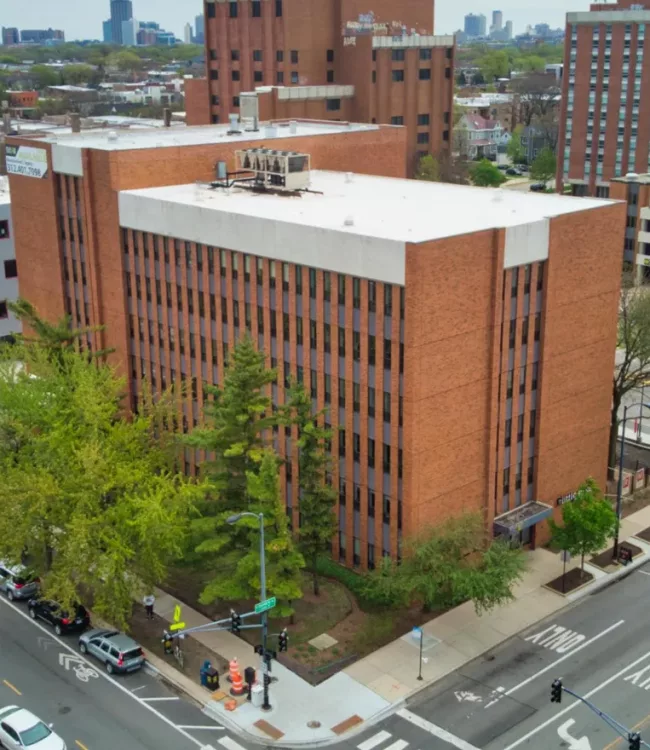August | 2020
Green Shoots Appearing In Medical Office After Months-Long Deep Freeze
Medical office tenants went into a deep freeze along with everybody else starting in March, hunkering down as the coronavirus pandemic made it impossible to see patients. Making decisions on whether to sign new leases and expand wasn’t practical.
But with many states lifting the restrictions on seeing patients, as well as some medical tenants gaining a better understanding of how the ongoing crisis will impact their business, leasing activity is finally starting to pick up again.
“We are starting to see green shoots in the medical field,” Inventrust Properties Corp. Senior Vice President Matt Hendy said Tuesday during Bisnow’s Chicago Deep Dish: The Retailization of Healthcare webinar.
But the type of potential tenants that show up looking for space may change from pre-pandemic days. “We are still in the midst of a healthcare crisis right now, and this has been a referendum on medical preparedness as much as anything, where the most vulnerable of our population is really susceptible to this pandemic,” Tether Advisors principal Willie Hoag said.
Maintaining good health will be a far bigger factor in the lives of many as a result, he said. Landlords can expect more wellness and preventive care providers to seek out space in shopping malls and fewer acute care providers, a trend that had already been picking up speed before this year. “This is nothing if not the great accelerator,” Hoag said. “We’re starting to see concepts come out of that and were germinating right before COVID.”
Not everyone in the field is ready to start making moves, Echo Development Group principal Jon Boyajian said.
He has noticed that the big hospital systems in many markets are still analyzing their network of clinical locations and adopting a wait-and-see attitude rather than leaping to make long-term real estate decisions. But for smaller, more entrepreneurial physician groups, especially those owned by private equity, it’s a different story.
“They were able to weather the storm and get back to business and back to expanding because that’s their mandate from their private equity owners,” he said.
There are some trends that the coronavirus pandemic won’t change, Hoag said. Healthcare providers began to migrate away from huge hospital campuses and into retail locations because it was more convenient for patients. And convenience is still king.
“To maintain our wellness and our health, it needs to be very accessible, ready to go and not disrupt our day,” he said. “They’re not going to just be space fillers and come in on a white horse to [save] the C+ shopping centers. They’re still going to be looking for the high-profile real estate, to be in the front of people’s minds and conveniently woven into the everyday habitual patterns of the patients or consumers.”
